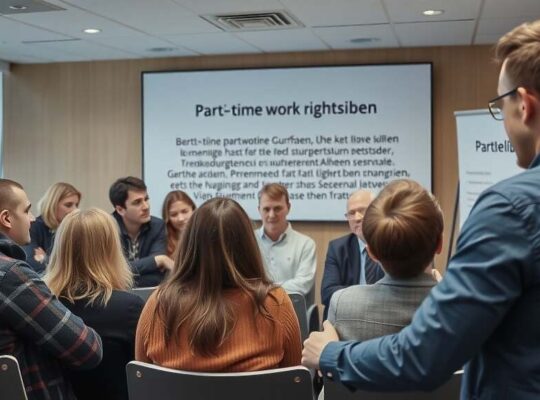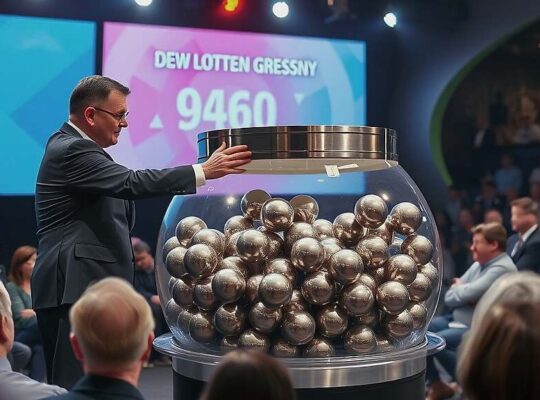A recent study by consulting firm EY, surveying 2,000 employees in Germany, reveals a nuanced picture of workforce motivation and job satisfaction. The research, published by the Funke-Mediengruppe, indicates that 72% of respondents describe themselves as motivated.
However, the proportion of employees identifying as “highly motivated” remains comparatively low, standing at 18%. This figure represents a modest increase of one percentage point from 2023, but significantly lower than levels seen in previous years; 28% reported high motivation in 2021 and a substantial 42% in 2019.
Job satisfaction levels also remain tempered. Currently, just over a third (34%) of those surveyed express complete satisfaction with their work situation, a three-percentage-point improvement from 2023. Approximately 15% of respondents describe themselves as “rather dissatisfied” or “dissatisfied” with their professional circumstances, reflecting a two-percentage-point decrease compared to the previous year.
Jan-Rainer Hinz, EY’s Director of Workforce Consulting, underscored the potential economic impact of diminished motivation. He stated that unrealized employee potential is costing businesses billions of euros in lost revenue both now and in the near future. Furthermore, a sustained lack of job satisfaction could lead to a loss of skilled workers as employees seek alternative opportunities.
Interestingly, leadership roles demonstrate a higher degree of motivation, with 67% of top managers reporting they are “highly motivated”. Employees in the public sector also display above-average levels of motivation, with 24% identifying as highly motivated. In contrast, only 17% of employees in the private sector, associations and other institutions express comparable levels of enthusiasm.












